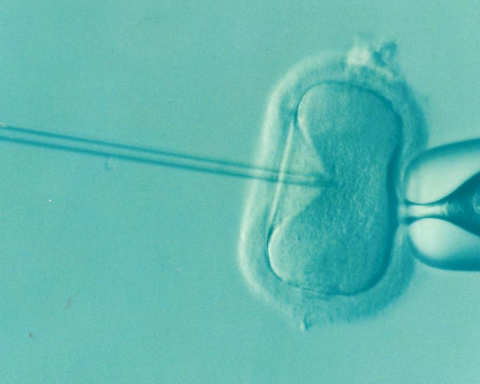No one knows how, or why, certain people become addicted to alcohol while others don’t. The truth is that the reasons for alcohol abuse and addiction are as unique and individual as the people who become addicted. However, there are several theories as to why alcohol and abuse addiction occurs.
Factors that Contribute to Alcohol Abuse and Addiction
According to the blog at hotelcaliforniabythesea.com, there are significant biological clues that could explain alcohol dependency. In a study conducted by the Virginia Commonwealth University School of Medicine, researchers have discovered a genetic clue to alcoholism in a protein complex called switching defective/sucrose non-fermenting (SWI/SNF). The study was conducted on roundworms, which have some genetics in common with humans. Researchers discovered that the worms’ tolerances for alcohol changed when certain genes were expressed within the SWI/SNF protein complex.
However, genetics are just one piece of the puzzle. It is possible for someone to have a genetic tendency toward alcohol abuse and addiction but never develop a problem due to other factors.
The Aroostook Mental Health Centers (AMHC) lists genetics as a factor, but it also lists other factors that contribute to alcohol abuse and addiction, including:
- Psychological Factors; and,
- Socio-Cultural Factors.
Psychological Factors
Psychological factors could include low self-esteem or a lack of developmental maturity, which could lead someone to abuse or become addicted to alcohol. There are also psychological conditions, including depression and anxiety, which could have people turning to alcohol as a means of self-medicating. Personality disorders, such as Borderline Personality Disorder, and Attention Deficit Hyperactivity Disorder could also cause people to turn to alcohol as a means of managing and controlling their symptoms.
Socio-Cultural Factors
Socio-cultural factors are those factors within a group of people, which can contribute to alcoholism. The group in question can be a family, a social group, a peer group, or any other group to which the addict might belong.
For example, someone who grew up in a family where heavy drinking was considered the norm could start drinking heavily, himself.
Another example could be a high-school student hanging out with a group of students who consume alcohol. Pressure from the peer group could cause her to start consuming alcohol, and she could develop an addiction over time.
Often times there are multiple factors at play – a combination of genetics, psychological issues, and socio-cultural issues.
Either of the people in the above examples could start consuming alcohol, yet never cross the line into abuse and addiction. However, if there are also psychological or genetic factors at play, either or both could push them over the edge.
Resolving Alcohol Abuse and Addiction
Because there are so many factors involved in alcohol abuse and addiction, resolution requires a multi-faceted approach. This means addressing all of the factors that could be contributing to the abuse and addiction.
For example, an individual with psychological and socio-cultural reasons for his abuse and addiction could benefit from psychological therapy, or work with a social-worker, as well as medication for any underlying mental disorder.
An individual with genetic and psychological issues could also benefit from psychological therapy and medication for the mental issues, as well as medications that are designed to reduce the cravings for and ability to consume alcohol.








